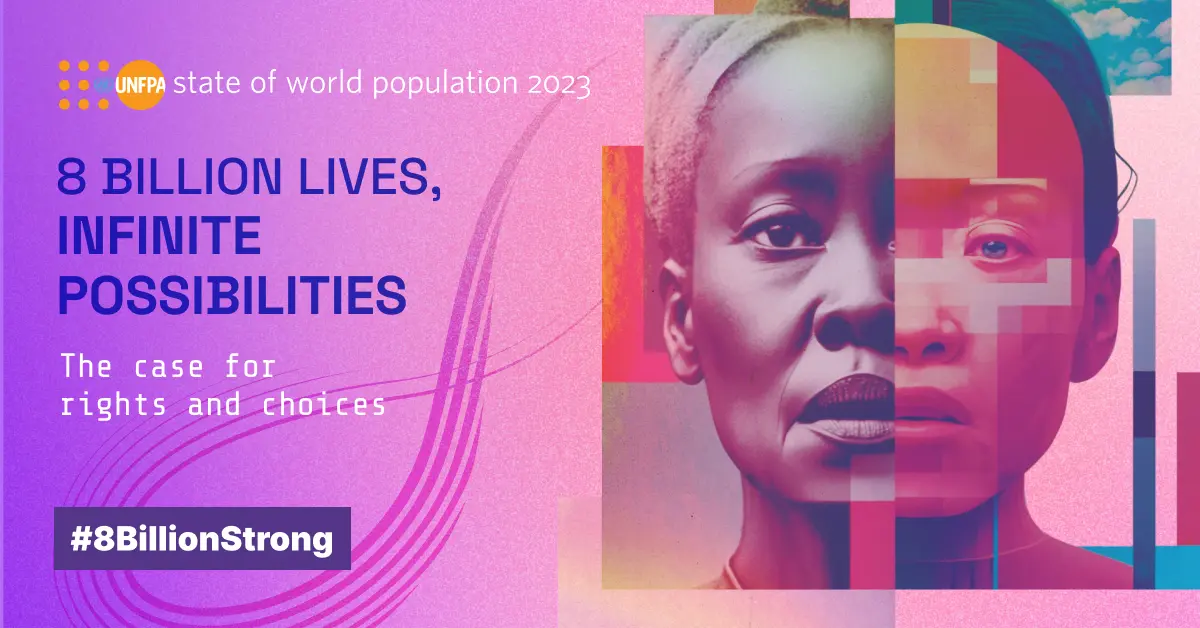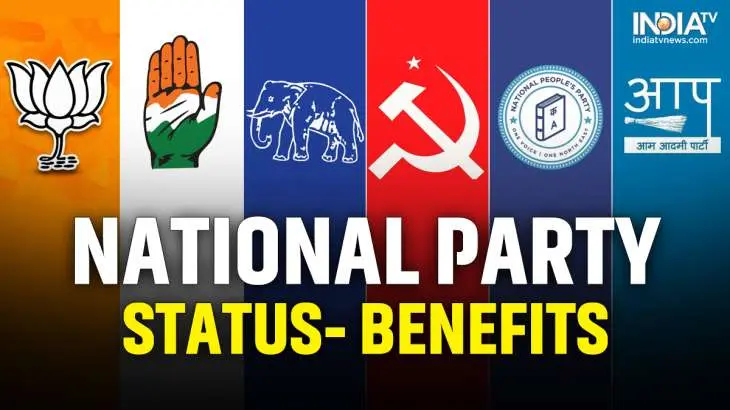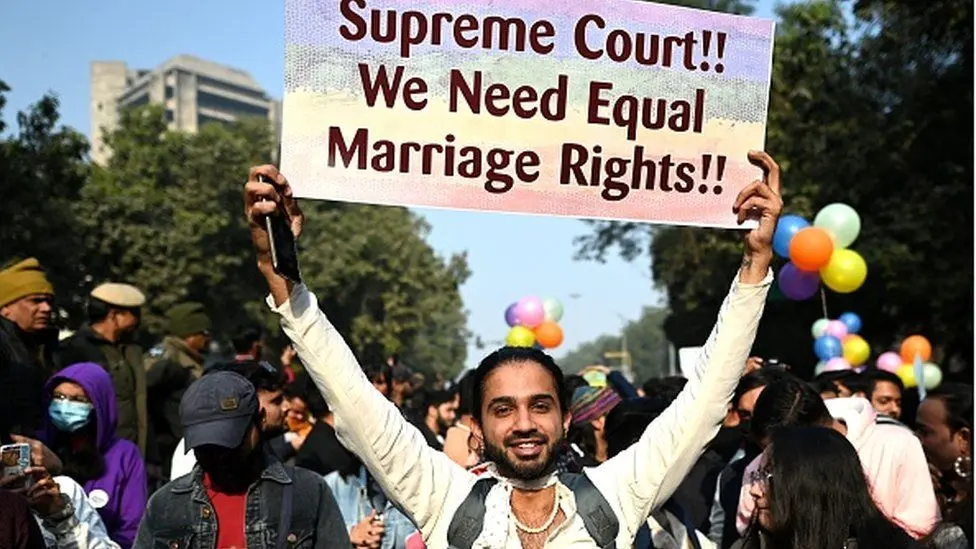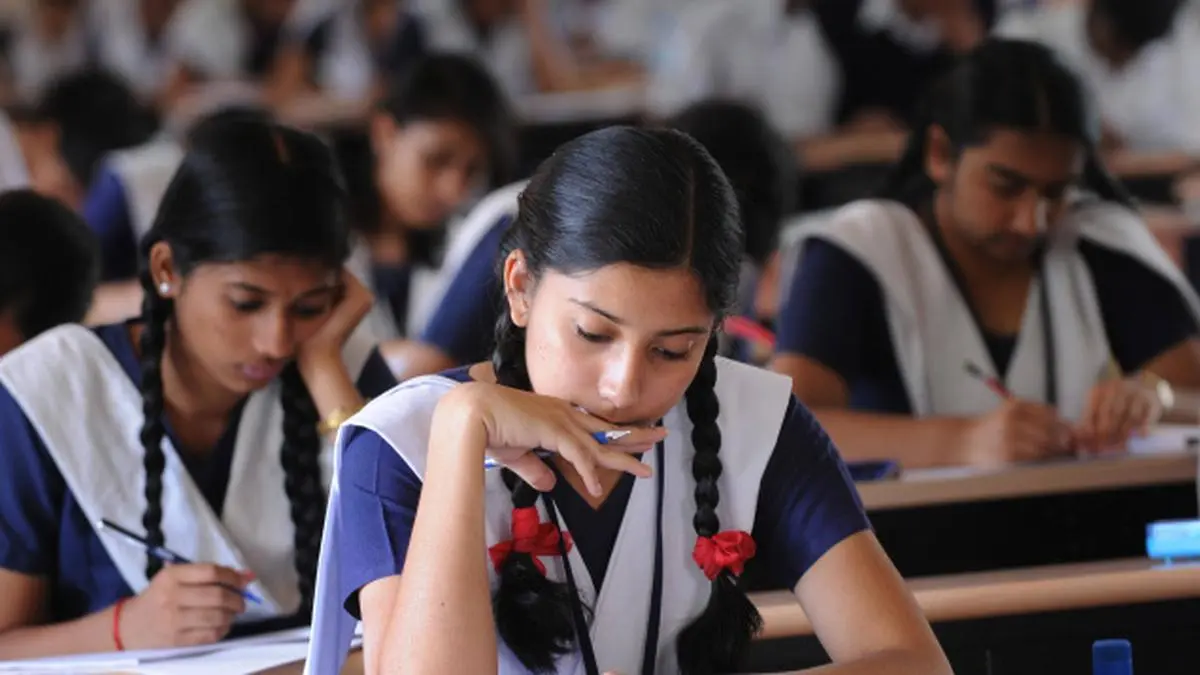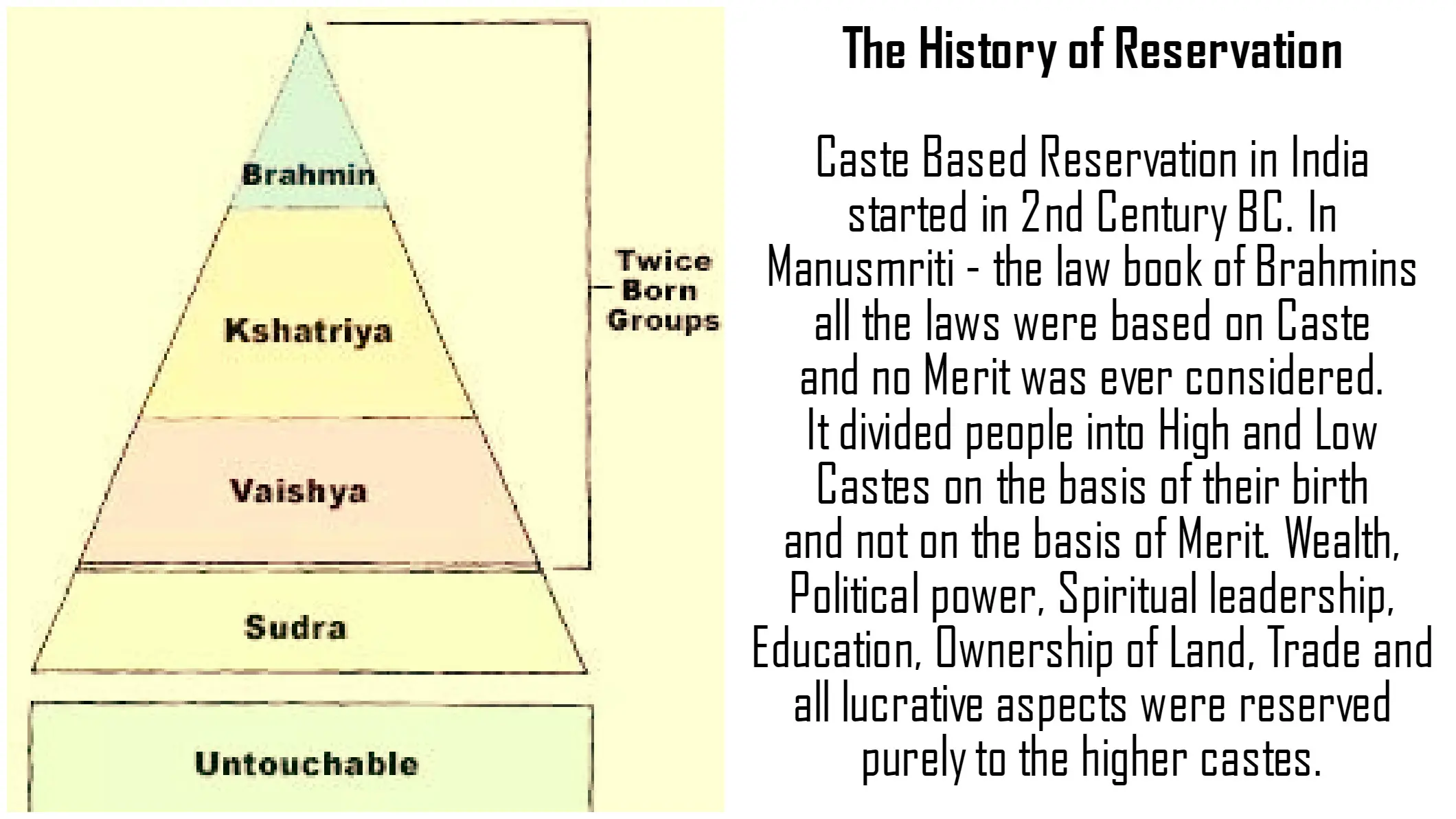UN population report: Key takeaways for India and the world
internal security challenges
“National security is the ability of a state to cater for the protection and defence of its citizenry” (as per the UN). Security is broadly classified into internal and external. Internal security is the security of a country within its border and aims at maintaining law and order, preserving national institutions and values and upholding the sovereignty of the country.While external security is the responsibility of the armed forces, internal security comes in the ambit of police and Central Armed Police Forces (CAPFs) under the aegis of the Ministry of Home Affairs.India’s internal security is affected by internal as well as external threats. The events in our neighbouring countries have a direct impact on our internal security. Internal Security Challenges Social Diversity as Issues of Security Threat The domestic dynamics of India’s internal security are reflected in its socio-political structure which is highly diverse with a huge variety of its communities and castes, races and ethnic groups, languages and dialects, religious beliefs and customs and traditions, with different manifestations of culture, all operating in a dynamic environment.The integration of all these diversities into a nation is possible through economic development along with nation building through cultural and social interaction, as these linkages are considered durable and stronger rather than political assimilation.However, in later years of independence, since late sixties, our second generation of political leadership lost sight of federalism and political assimilation became the main thrust. On independence, the Indian state inherited only the physical base consisting of the territory and people, that form a ‘country’. The state and its democratic institutions were to provide the cohesiveness to weld India into a nation state, accepting the ethnic and communal individuality and having a sense of nationalism towards ‘India’. Rather, the communities were compelled to assimilate which engendered among them a friction of insecurity for their traditions and culture. Some aspects of security threats arising out of social diversity are :India has a wide variety of economic and social classes having sharp differences among them in respect of access to resources, education, employment and standard of living.There are minority groups based on a variety of considerations such as religion, language, region, customs and traditions. Even, the so-called majority groups are divided into several sects, castes, clans and linguistic groups.There is a sharp divide between the rich and the poor.Any pressure on the land due to population growth or migration, or factors like unemployment further increases the economic and social pressures that eventually take manifestations of ethno-nationalism. Thus the ethno-communal strifes in our country are a result of uneven economic development, unequal opportunities backed by social historical structures, and unfulfilled aspirations of people, which creates a sense of deprivation, mutual distrust and frustration. If there is just and equitable distribution of economic and developmental benefits people feel satisfied, and in its absence, affected groups assert themselves against the governments and the elites. In such a state of confrontation, the articulation of group interests results into political mobilisation of the ethnic communities.The language divide is another permanent barrier that debars the unification of people towards a larger common goal. Linguistic chauvinism makes members belonging to one state consider members from other states as outsiders. They would not like them to seek employment in their state. In the absence of an all-India language or a lingua franca as a unifying force, the formation of linguistic states has taken the country towards narrow sectionalism, provincialism and parochialism, endangering national integration.The divisive politics that uses emotional sensitivities of communities and words like ‘majority’ and ‘minority’ as bait, target solely the vote banks of communities. Also at times, the clash of supposed interests between ethnic groups tends to take the form of communalism. The net result of all such manoeuvre for vote catching results into a set back to consolidation of the Indian society which is discernible and much more prominent after 75 years of independence.The electoral politics has resulted in the dilution of democratic processes and the institutions of governance. Politics have lost their ideological and moral moorings. The exploitation of diversities for malicious political interests has resulted in breakdown of the cohesiveness of the society, created insecurity of cultural identity, encouraged religious revivalism in its fundamentalist form, heightened ethnicity and widened the gap between the sub national groups and Indian nationalism. Mutual disharmony among both horizontal and vertical classes in a society, arising out of regional pride can very well establish the sense of ethnic or regional nationalism. However, the distaste and repugnance for others’ existence and needs can never foster a consciousness of unity and a feeling of common nationalism - the Indianness. SOURCES :India’s internal security compulsions , Gen.V K Nayar - Vision 2025, NIT Aayog https://niti.gov.in/planningcommission.gov.in/docs/reports/sereport/ser/vision2025/intnlsec.doc











